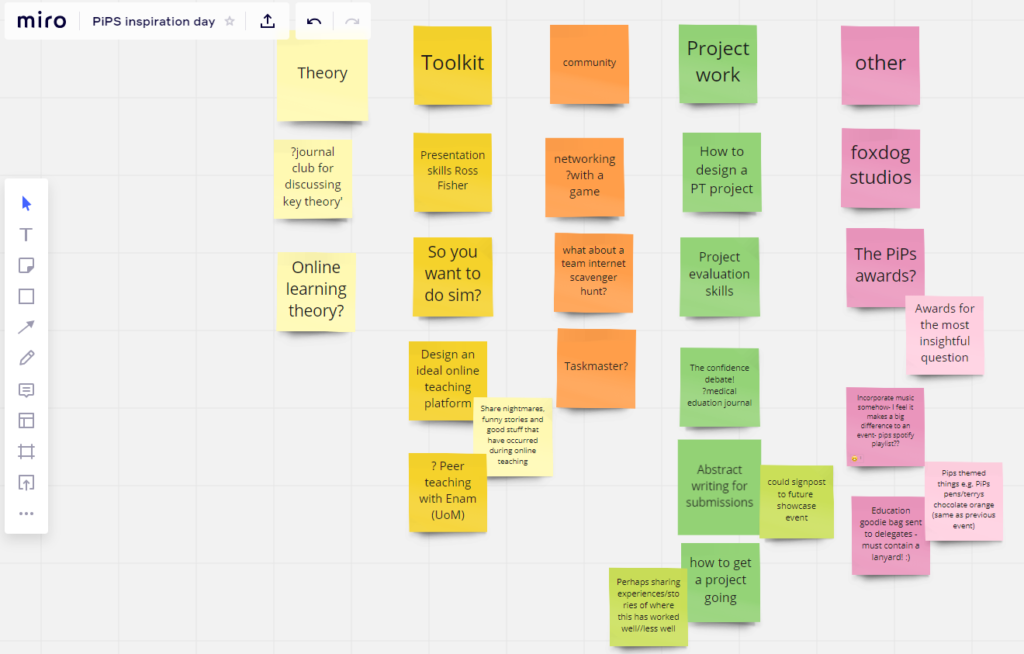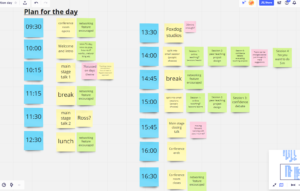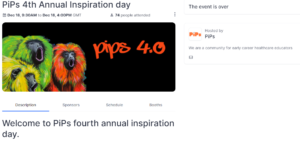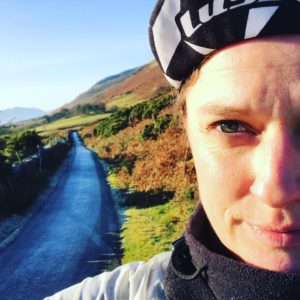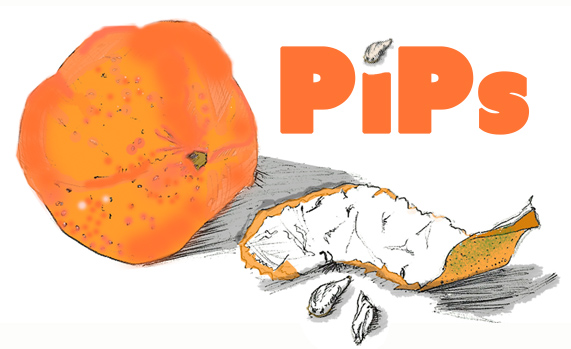
PiPs 4.0 “Medagogy” 18.12.20
A PiPs report on the plannning and evaluation of PiPs 4.0- our one day training and community event for early career educators in the North West
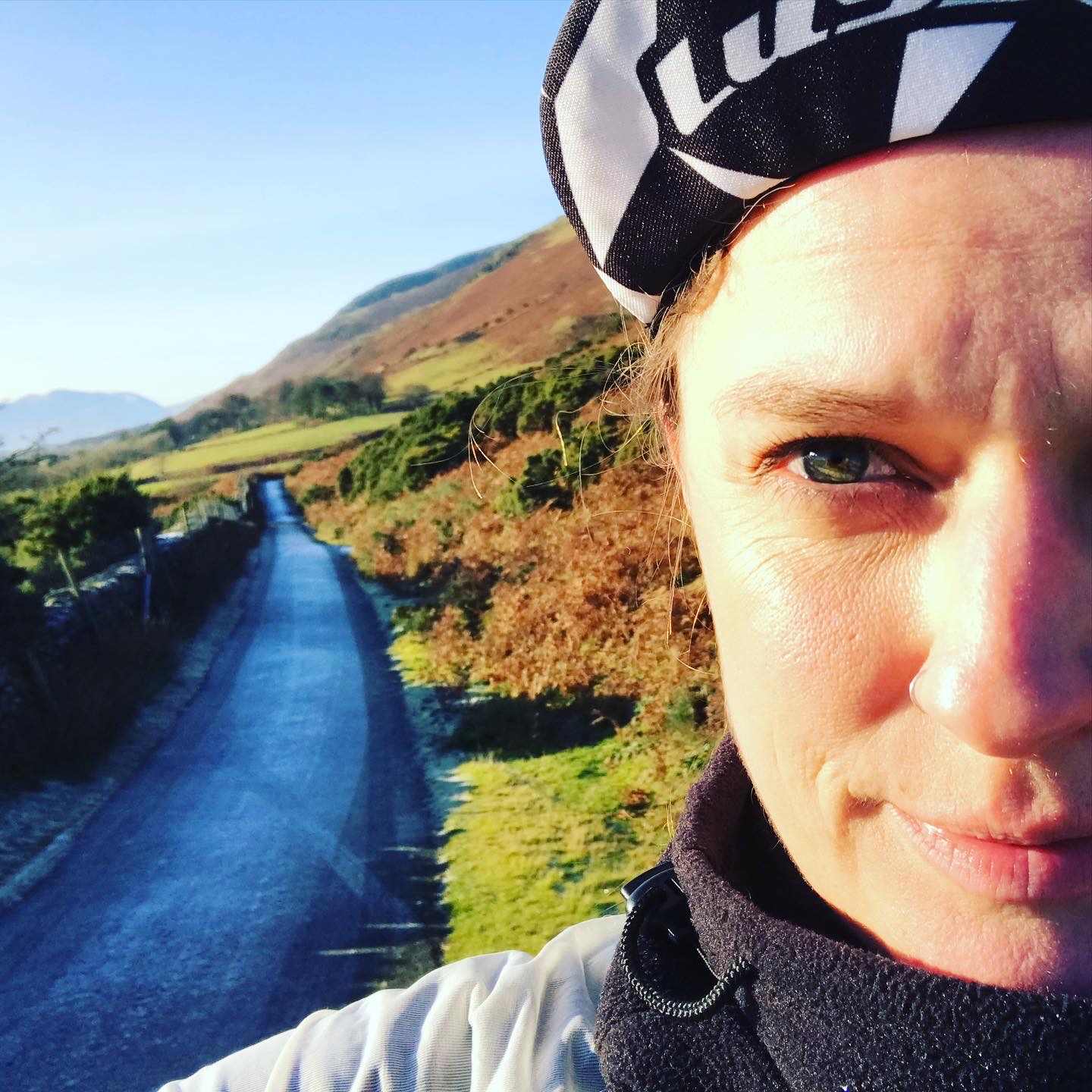
Mim
trainer
ST3 peadiatrician- Wigan
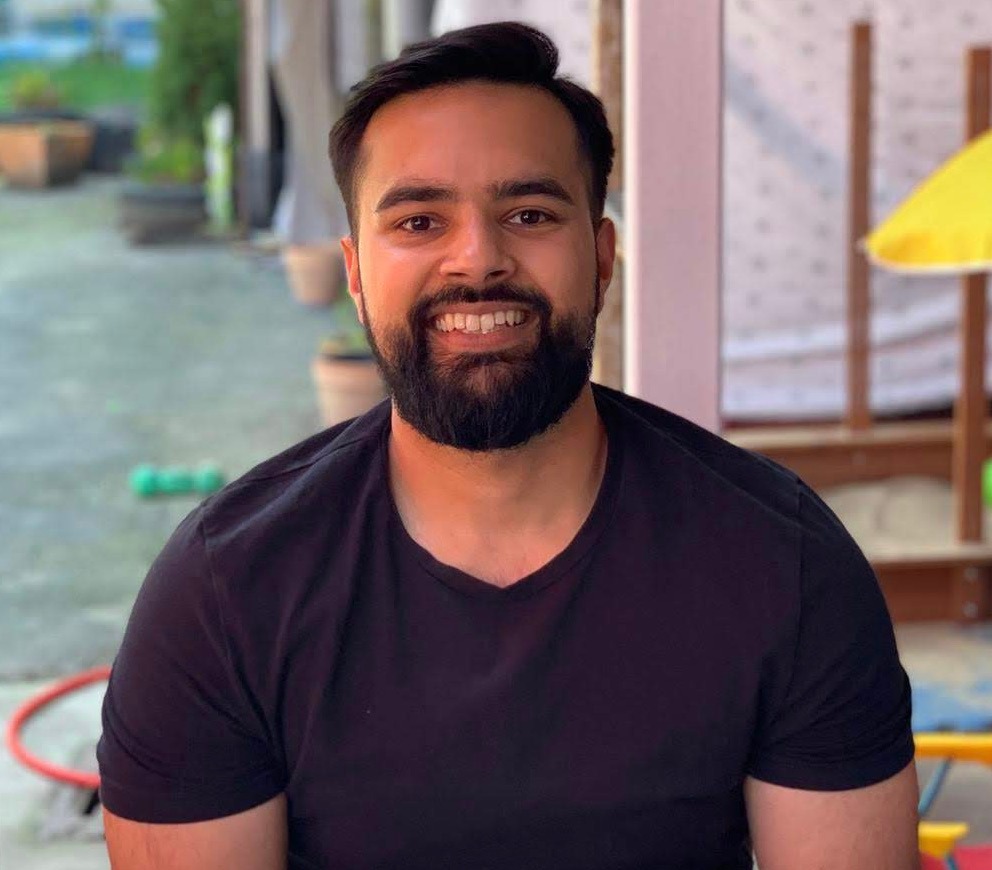
Umair
Lead / Head gardener
GPST2 – Oldham
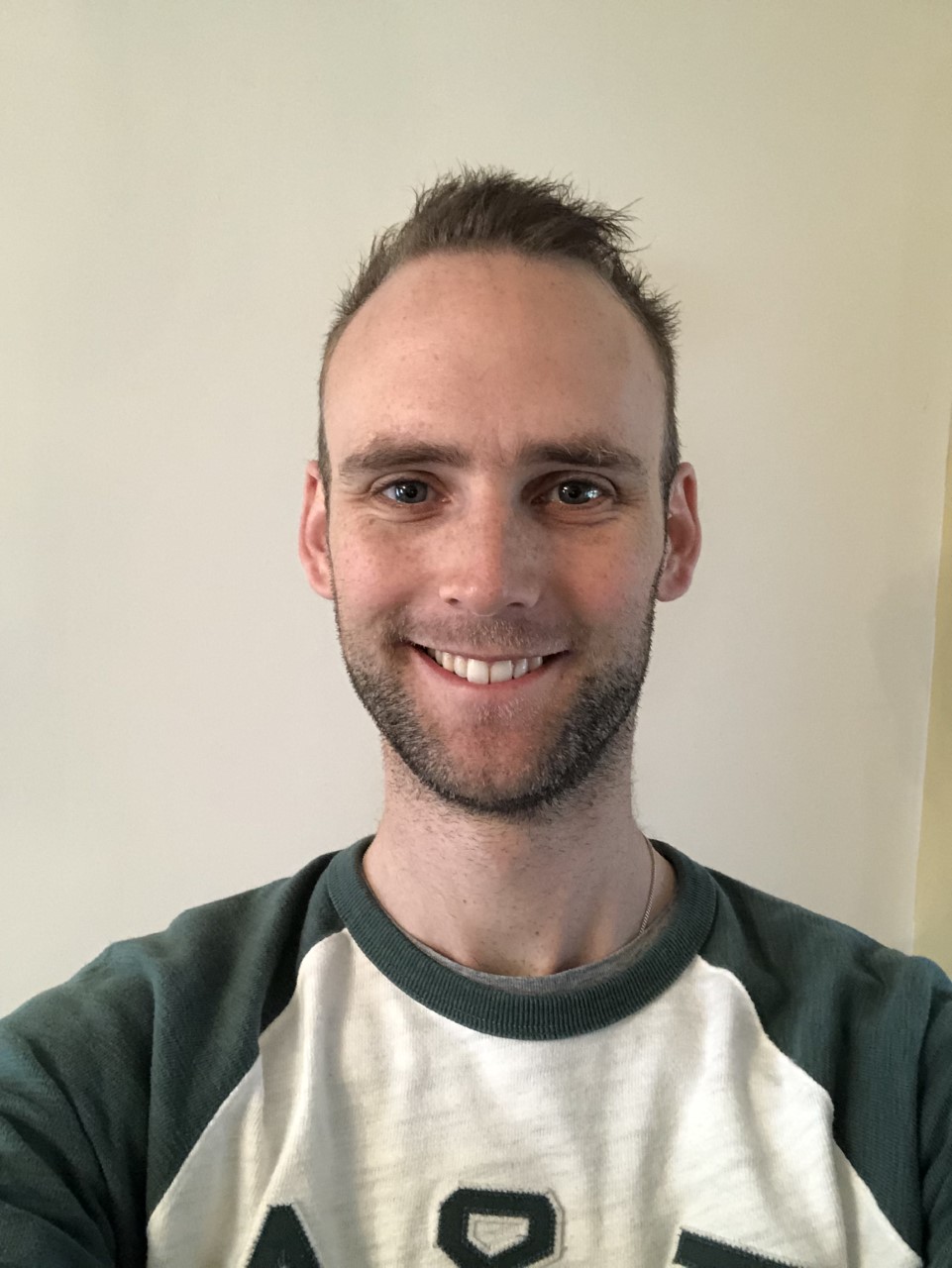
Nate
Trainer
ST6 Anaesthetics – Salford
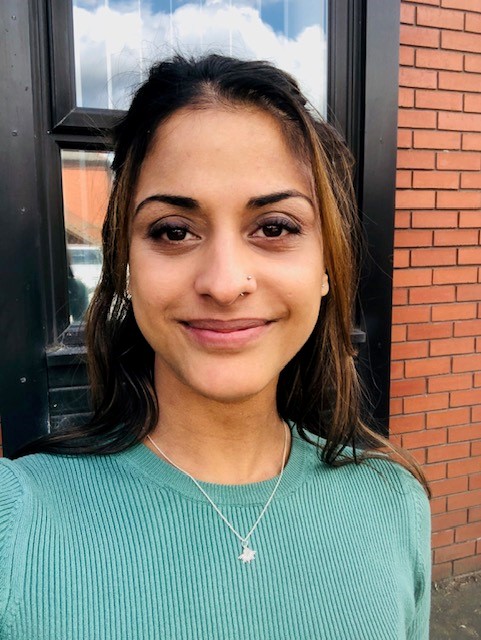
Mishal
LEad / head gardener
CTF – MRI
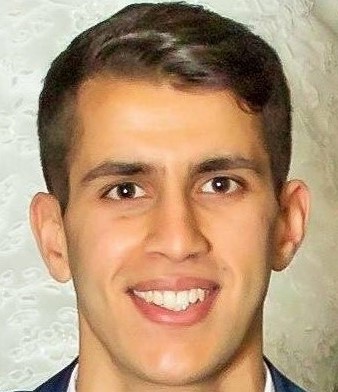
Hakim
Lead / head gardener
CF – Oldham
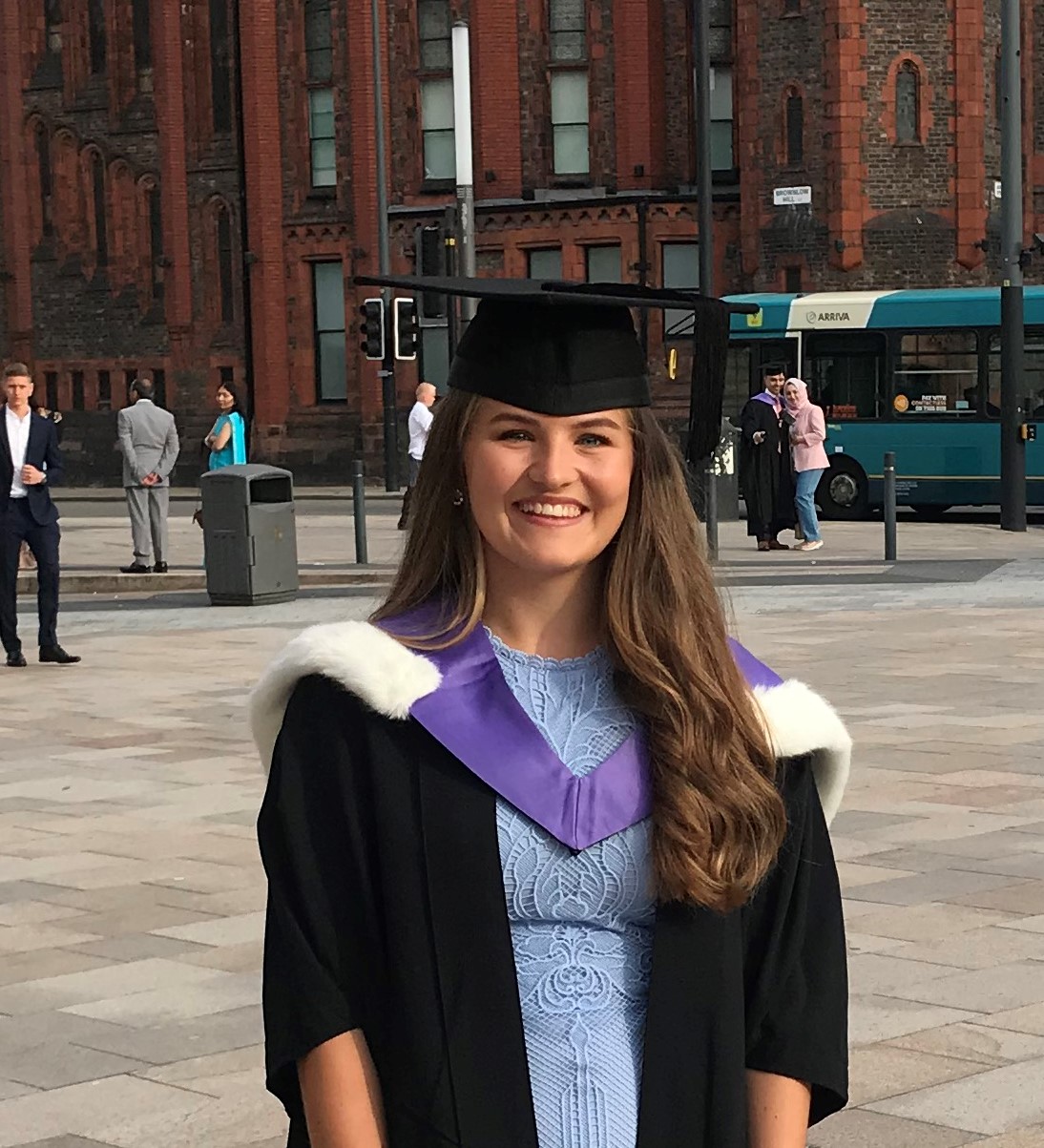
Bethan
facilitator
F2 – Bolton
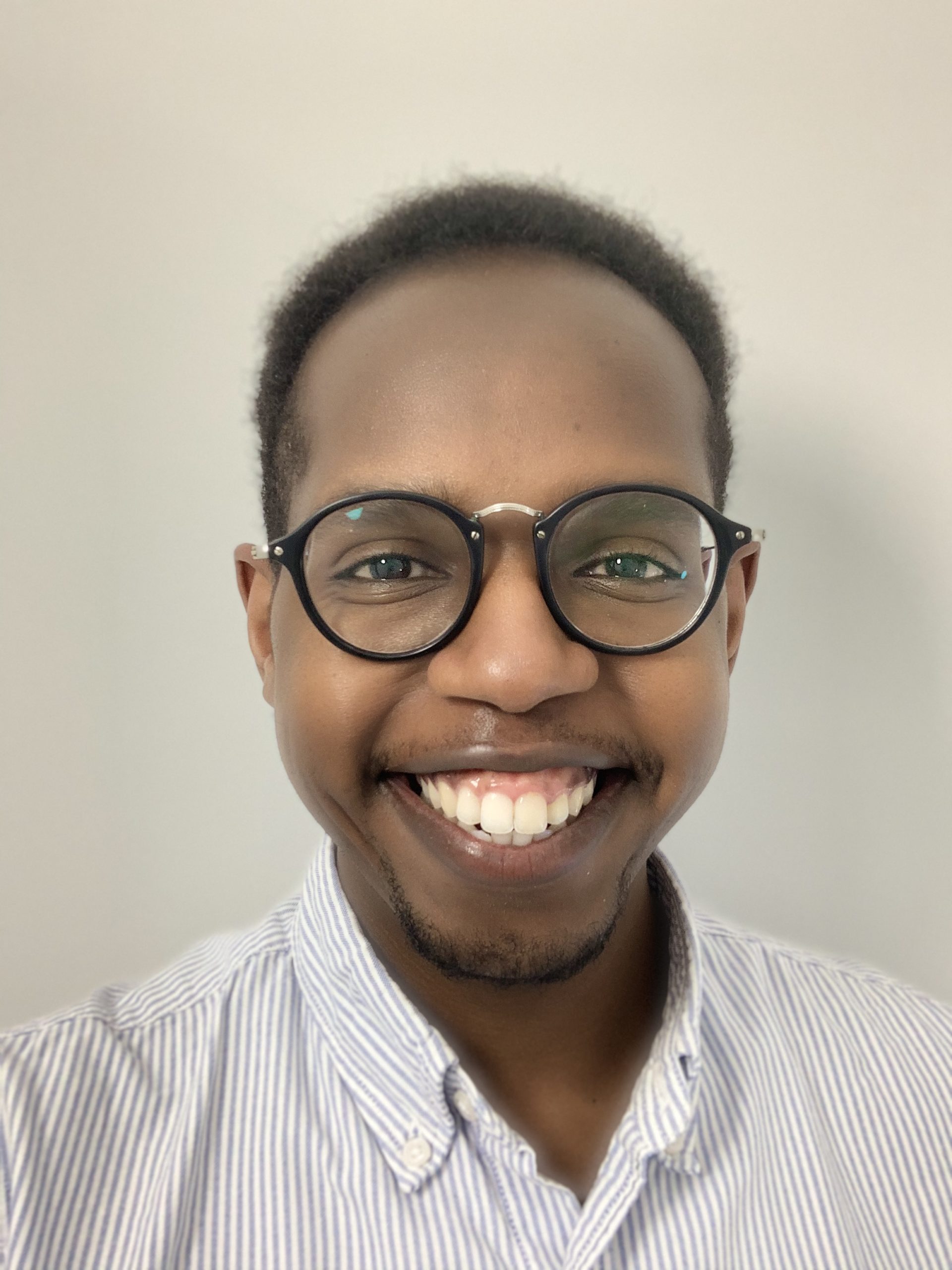
Brian
Facilitator
CF – MRI
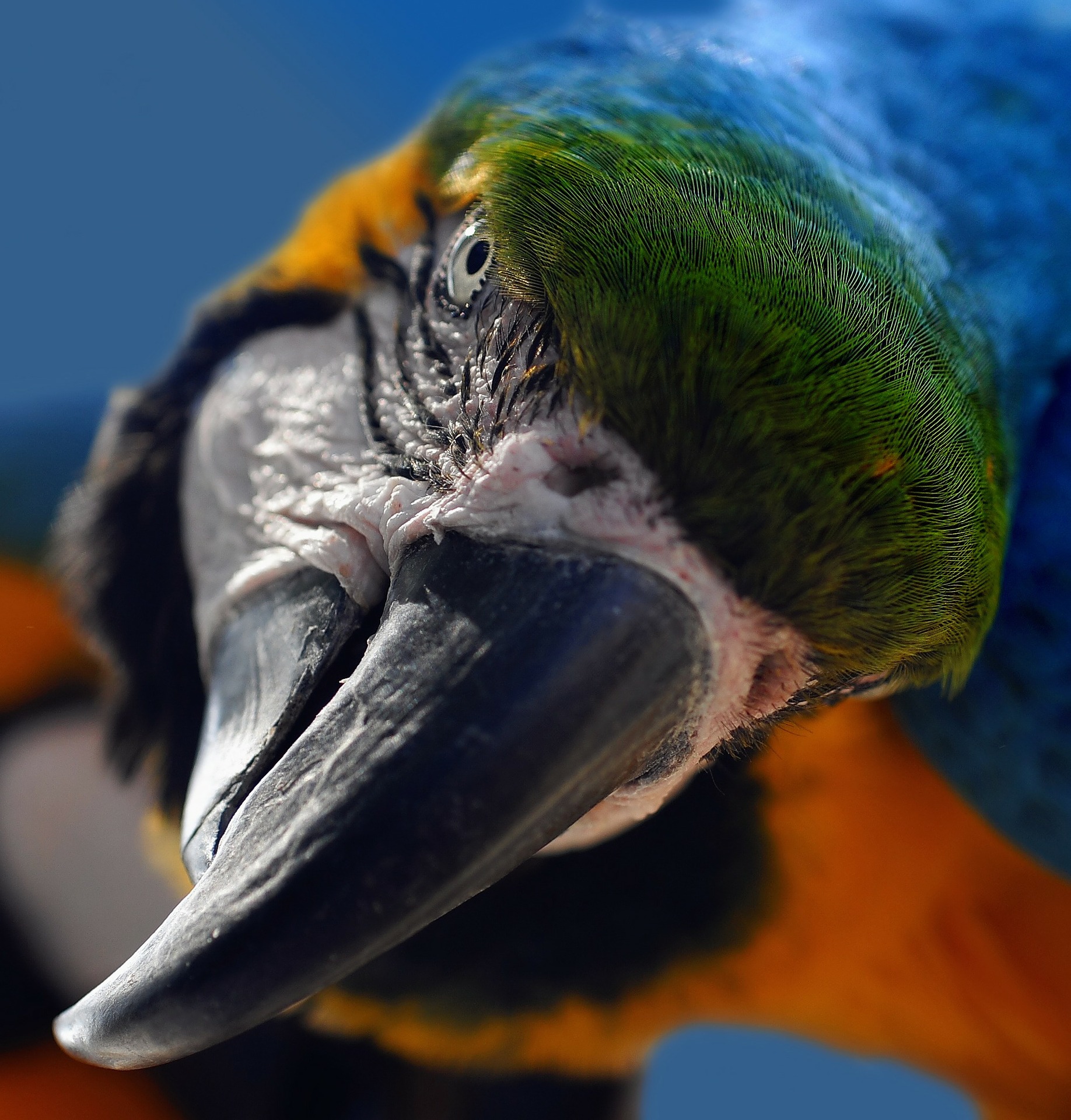
PiPs
Designer
Background
PiPs activities started out as a one-off conference held in September of 2017. At our inaugural event, Foundation doctors who were leading or participating in peer teaching in the North West of England were invited to attend a day of teacher training. This free day of training was set up and run voluntarily by foundation doctors and funded by Health Education England.
Workshops in 2017 were delivered by senior educators on topics such as; presentation skills, cognitive load theory, project longevity, feedback and simulation.
The “new starter” or “inspiration” day has now run for four consecutive years. The aims and objectives for the conference have grown over this time as the team have evolved their own understanding of their pedagogical (or medagogical) values.
The joy of the day has always been in the buzz created by foundation doctors excited about education. An attendee told us in 2019 at our last face to face event- “really friendly and positive atmosphere. Re-enthused my motivation to work on my teaching project and generally teaching on the wards” (attendee, September PiPs 2019)
In 2020, in the context of the pandemic, necessity drove the inspiration day online. Below is a summary of what we did and learnt.
Planning PiPs 4.0
2020 was the first year that we planned to deliver most of the content ourselves. Previously, only one or two sessions per day have been lead by the PiPs team.
We met several times to discuss our vision, objectives and plan for the day. Miro, an online team planning resource, was used to map out the day (see below).
Curriculum
PiPs aims to cover aspects of teaching theory, practical methodology as well as project planning for peer teaching and evaluation.
We acknowledge that our learners come with a unique experience of education and because of this we encourage them to identify their own learning objectives.
This year was the first year we offered a choice of parallel sessions.
An active medagogy
There continues to be a wide spectrum of approaches to medical education practices from those rooted in cognitivism all the way to those that acknowledge the complex social structures we operate in.
At PiPs we endeavour to role model practices based in best evidence as well as explore the frontiers of education from health care and beyond. We endeavor to be learner-centered advocating active learning at all opportunities.
Technology
Despite the pandemic forcing our hand to technology to deliver PiPs, this necessity has brought many opportunities.
We have explored several platforms and are continuously learning and evolving how to deliver our Medagogy online.
We used Hop in to deliver the training day this year and aside from a few small hiccups this ran extremely well with good feedback from attendees.
Sponsorship
PiPs is made possible by the support of the North West of England School of Foundation Training & Physician Associates
Mishal- a PiPs “head gardener”
Mishal joined the team in 2019 when she was an FY1.
“When I signed up to attend the PiPs 2019 showcase, I expected a day of powerpoint presentations and to leave having learnt a few things about medical education. In reality, I left with a new perspective about what medical education meant for me.
Empowered by this experience, I went on to design and implement a peer teaching project alongside a colleague who also attended the conference – something I didn’t have the confidence to do before. I felt the PiPs ethos was something that aligned with my attitude to how peer teaching should be: accessible, open and friendly.
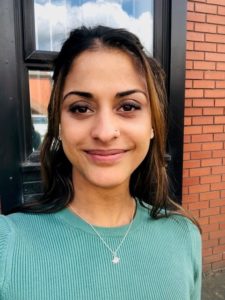
Three PiPs conferences later, I am continually amazed at how much we can learn from other people. For me, PiPs is unique in its ability to instill a sense of community and the idea that education is a two-way street. I truly believe it to be an invaluable platform for people to network and be emboldened to develop and grow their own peer-teaching ventures.”
Evaluation
We aimed to evaluate PiPs 4.0 on several levels. Modelled on a community of practice, we use elements of Lave and Wengers evaluation framework to understand the “value” we create.
Below you will find quotes from attendees as well as figures and the value we have identified based on the CoP framework.
Really enjoyable, interactive, fun, insightful and useful for teaching, hopin platform worked well
Really enjoyable and useful day which has made me reflect on my own teaching style and how I gather feedback.
7
PiPs team members
389
medagogy minutes in the conference
31
Total attendees
7
separate sessions
Great and thought provoking think it will likely change how I teach
The day was brilliant from start to finish. Very much interactive and engaging which meant the day flew by. It has challenged me to reflect on my own teaching and has opened my eyes to how I should deliver a teaching session ( …and how not to #deathtopowerpoints )
Outcomes
Using Lave and Wenger’s evaluation framework we were able to identify value from the day from several aspects
>>> see here for the full framework.
01
Immediate value
Throughout the day, PiPs leads, trainers and event attendees recognised and reported instances where discourse was focussed on solving challenges for members of the community. For instance in “the confidence debate” one attendee discussed past difficulties of evaluating their peer teaching project and was supported to identify new strategies to tackle these.
02
Potential value
Lave and Wenger’s framework recognises that activities in communities may produce value that is not immediately realised. We surveyed our attendees on the day and over half of them told us that we had changed their perspective on medical education.
03
Applied value
Change in practice: The PiPs lead team have identified several areas where they might apply what they learnt from planning and delivering the day. We plan to survey attendees in the near future to assess any applied value for them.
04
Realised value- “improving perfomance”
We won’t yet be able to fully assess this but hope to report back after our next event and following further evaluation with attendees.
05
Reframing value
Whilst reflecting on planning and delivering the day, the PiPs team recognised the significant value created by being involved in this process. As a result we have redefined what we value as success to include the learning we create as a team. As a direct result of this we plan to try and share these benefits more widely by expanding the team, notably to include other professions and more members of our target cohort.
Hop in was a very very good platform worked really well, best ive seen. Kept focus by doing short sessions and lots of breaks. Cameras on meant engaged throughout although daunting.
I think the PIPS events are welcoming and exactly what is needed for juniors doctors involved in medical education.
Get involved
We are always recruiting foundation team members and have plenty of events to get involved in the coming calendar year.
We are also actively recruiting members from other professions so please get in touch!

